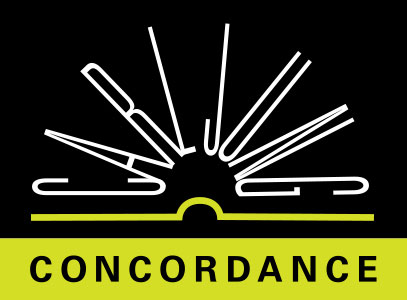The dream associations and comments of a young man in analysis described a very important experience of his childhood. “Cathedral,” he says, “makes me think of Cologne Cathedral. Even as a child I was fascinated by it. I remember my mother telling me of it for the first time and I also remember how, whenever I saw a village church, I used to ask if that were Cologne Cathedral. I wanted to be a priest in a cathedral like that”:
He [the patient] had a particularly close tie with his mother. By this we are not to understand a particularly good or intense conscious relationship, but something in the nature of a secret, subterranean tie which expresses itself consciously, perhaps, only in the retarded development of character, i.e., in a relative infantilism
CW7 ¶ 171The developing personality naturally veers away from such an unconscious infantile bond; for nothing is more obstructive to development than persistence in an unconsciouswe could also say, a psychically embryonicstate
CW7 ¶ 171For this reason instinct seizes on the first opportunity to replace the mother by another object. If it is to be a real mother-substitute, this object must be, in some sense, an analogy of her. This is entirely the case with our patient
CW7 ¶ 171The intensity with which his childish fantasy seized upon the symbol of Cologne Cathedral corresponds to the strength of his unconscious need to find a substitute for the mother
CW7 ¶ 171The unconscious need is heightened still further in a case where the infantile bond could become harmful. Hence the enthusiasm with which his childish imagination took up the idea of the Church; for the Church is, in the fullest sense, a mother
CW7 ¶ 171We speak not only of Mother Church, but even of the Church's womb. In the ceremony known as the benedictio fontis, the baptismal font is apostrophized as “immaculatus divini fontis uterus”the immaculate womb of the divine fount
CW7 ¶ 171CHURCH SERVES AS HIGHER
We naturally think that a man must have known this meaning consciously before it could get to work in his fantasy, and that an unknowing child could not possibly be affected by these significations. Such analogies certainly do not work by way of the conscious mind, but in quite another manner
CW7 ¶ 171SPIRITUAL SUBSTITUTE FOR PARENTS
The Church represents a higher spiritual substitute for the purely natural, or “carnal” tie to the parents. Consequently it frees the individual from an unconscious natural relationship [with the parents] which, strictly speaking, is not a relationship at all but simply a condition of inchoate, unconscious identity
CW7 ¶ 172No better conditions for treatment could possibly be imagined. One is almost persuaded, from the meaning of these dreams, that the patient entered upon the treatment with the utmost readiness and hopefulness, quite prepared to cast aside his boyishness and become a man. In reality, however, this was not the case at all
CW7 ¶ 182Consciously he was full of hesitation and resistance; moreover, as the treatment progressed, he constantly showed himself antagonistic and difficult, ever ready to slip back into his previous infantilism
CW7 ¶ 182Consequently the dreams stand in strict contrast to his conscious behaviour. They move along a progressive line and take the part of the educator. They clearly reveal their special function. This function I have called compensation
CW7 ¶ 182The unconscious progressiveness and the conscious regressiveness together form a pair of opposites which, as it were, keeps the scales balanced. The influence of the educator tilts the balance in favour of progression
CW7 ¶ 182In the case of this young man the images of the collective unconscious play an entirely positive role, which comes from the fact that he has no really dangerous tendency to fall back on a fantasy-substitute for reality and to entrench himself behind it against life. The effect of these unconscious images has something fateful about it. Perhapswho knows?these eternal images are what men mean by fate
CW7 ¶ 183